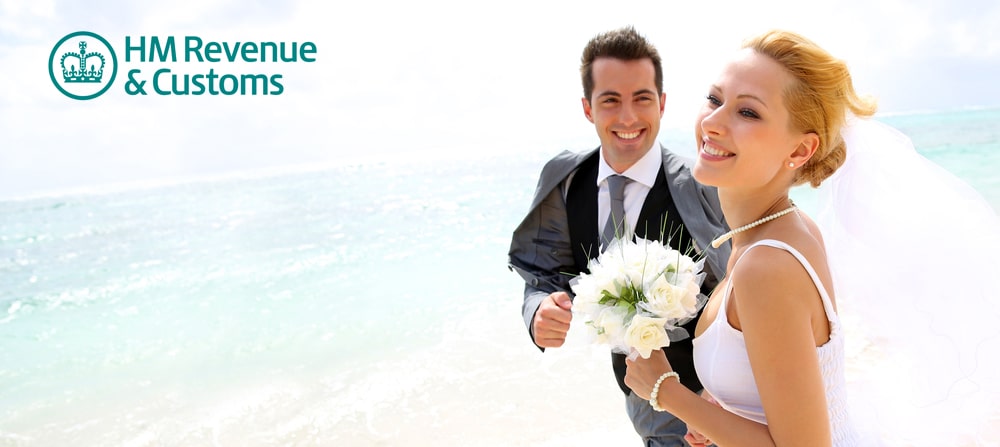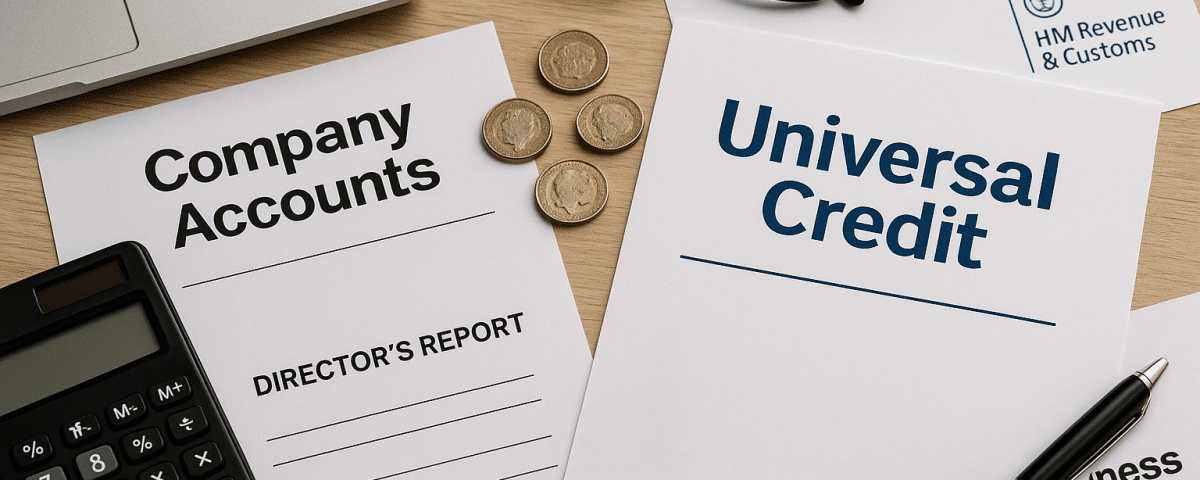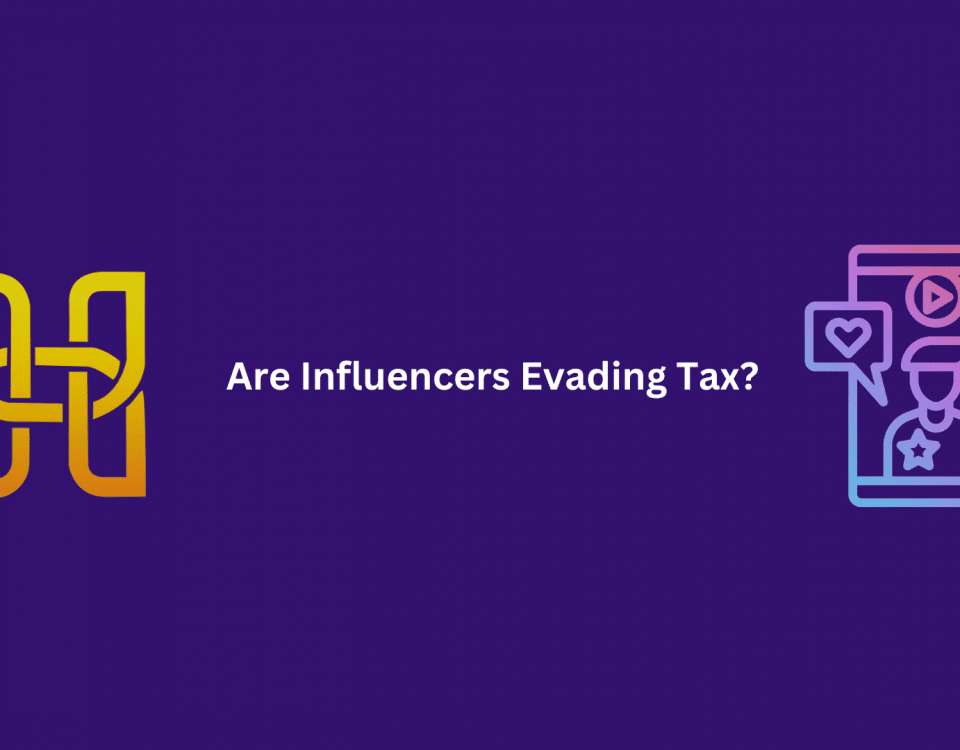How Companies and Directors are dealt with in Universal Credit
Universal Credit treats companies and directors differently to legacy benefits and
income tax.
Rules have been put in place so that a claimant trading through a company is treated in the same way as someone who has chosen not to organise their selfemployment in this way. For example, Universal Credit treats a market stall trader the same way, whether or not any of the following apply: they register their business as a company
make themselves a director
choose to pay themselves as an employee of the company, through shares and dividends, or by other means This means that a clamant can’t avoid having the Minimum Income Floor (MIF) applied just by doing any of the above. Where the claimant has structured their business as detailed above or they have declared they are a company director, they must attend a gateway interview, this is used to determine whether they:
are in a similar position to a sole owner or partner in a company, which is carrying on a trade
have few shareholders, significant influence over the company and a sign
ificant say on the day to day running of the business
are gainfully self-employed (GSE) or not where a company director meets the above tests and is deemed gainfully selfemployed, the MIF or start-up period must be applied in the normal way.
Again as for other GSE claimants: business assets that are being used for trading, and the value of the claimant’s shares in the company, are ignored as capital
business profit (net profit after allowable deductions, as for any other selfemployment) is treated as self-employed earnings
pay as an employee or director of the company is separate, and may show on Real Time Information (RTI) feed, but should also be taken into account as employed earnings for Universal Credit.
Companies House records can be used to check if a claimant is a company director.
A company which just owns a small number of buy–to-lets or holiday properties that produce rental income is not carrying on a trade (in tax legislation), and so the above rules don’t apply. This means that the assets of the company are treated as the claimant’s personal capital. If they are valued as over £16,000 there is no entitlement to Universal Credit, if they are valued below £16,000 tariff income is applied in the usual way.
Special rules also apply to claimants with income paid to them: as a worker by an intermediary company
from a managed service company
These workers are employees for Universal Credit and tax purposes. A person who is a director of a company which has a large number of shareholders, such as Tesco, would not meet the test of being a sole owner or one of few partners/shareholders and is an employee. A person who owns shares in a company alongside a large number of other shareholders is an investor and Universal Credit capital rules would apply (see Treatment of capital).
Claimants will also need to declare any additional self-employed earnings generated by their business, on a cash-in and cash-out basis. This must be done at the end of each assessment period in exactly the same way as any other self-employed claimants (see Self-employed earnings).
Business deductions must be incurred reasonably, wholly and exclusively for the purpose of the business (see Self-employed earnings – permitted expenses) Any money paid to the claimant as an employee or director of the company can be deducted from any net profits, so that it is not counted twice (as both PAYE and self-employed earnings).
Rules have been put in place so that a claimant trading through a company is treated in the same way as someone who has chosen not to organise their selfemployment in this way. For example, Universal Credit treats a market stall trader the same way, whether or not any of the following apply:
ificant say on the day to day running of the business
Again as for other GSE claimants:
Companies House records can be used to check if a claimant is a company director.
Exceptions
Care is needed with the treatment of property businesses. The above rules only apply to a company which carries on a “trade”, such as a hotel or bed & breakfast. In these cases, the company structure is ignored and the usual gainful self-employment tests apply.A company which just owns a small number of buy–to-lets or holiday properties that produce rental income is not carrying on a trade (in tax legislation), and so the above rules don’t apply. This means that the assets of the company are treated as the claimant’s personal capital. If they are valued as over £16,000 there is no entitlement to Universal Credit, if they are valued below £16,000 tariff income is applied in the usual way.
Special rules also apply to claimants with income paid to them:
These workers are employees for Universal Credit and tax purposes. A person who is a director of a company which has a large number of shareholders, such as Tesco, would not meet the test of being a sole owner or one of few partners/shareholders and is an employee. A person who owns shares in a company alongside a large number of other shareholders is an investor and Universal Credit capital rules would apply (see Treatment of capital).
Reporting income and earnings
A company director may pay themselves a salary using the PAYE system. All earnings processed through PAYE are reported automatically through the RTI feed.Claimants will also need to declare any additional self-employed earnings generated by their business, on a cash-in and cash-out basis. This must be done at the end of each assessment period in exactly the same way as any other self-employed claimants (see Self-employed earnings).
Business deductions must be incurred reasonably, wholly and exclusively for the purpose of the business (see Self-employed earnings – permitted expenses) Any money paid to the claimant as an employee or director of the company can be deducted from any net profits, so that it is not counted twice (as both PAYE and self-employed earnings).






